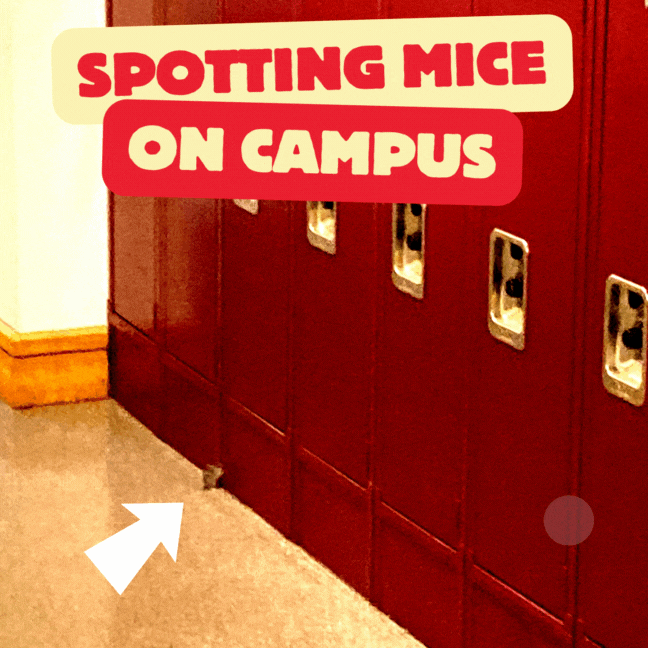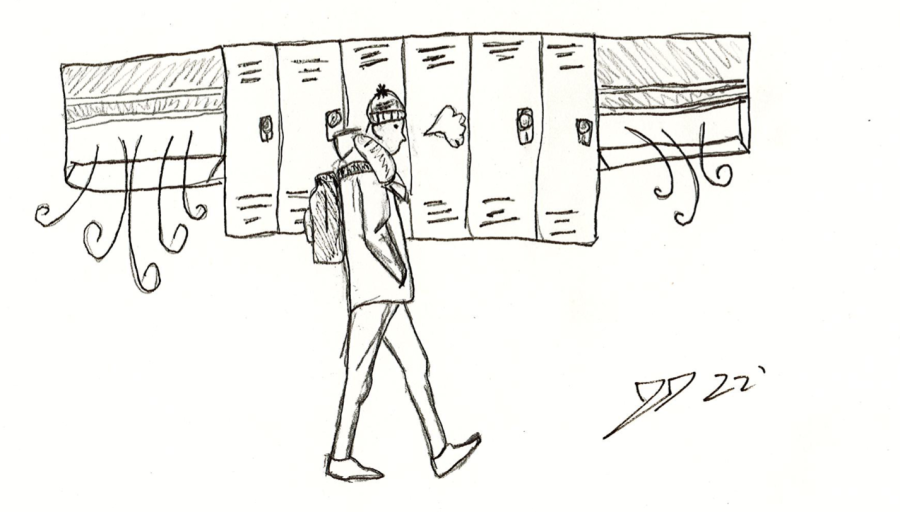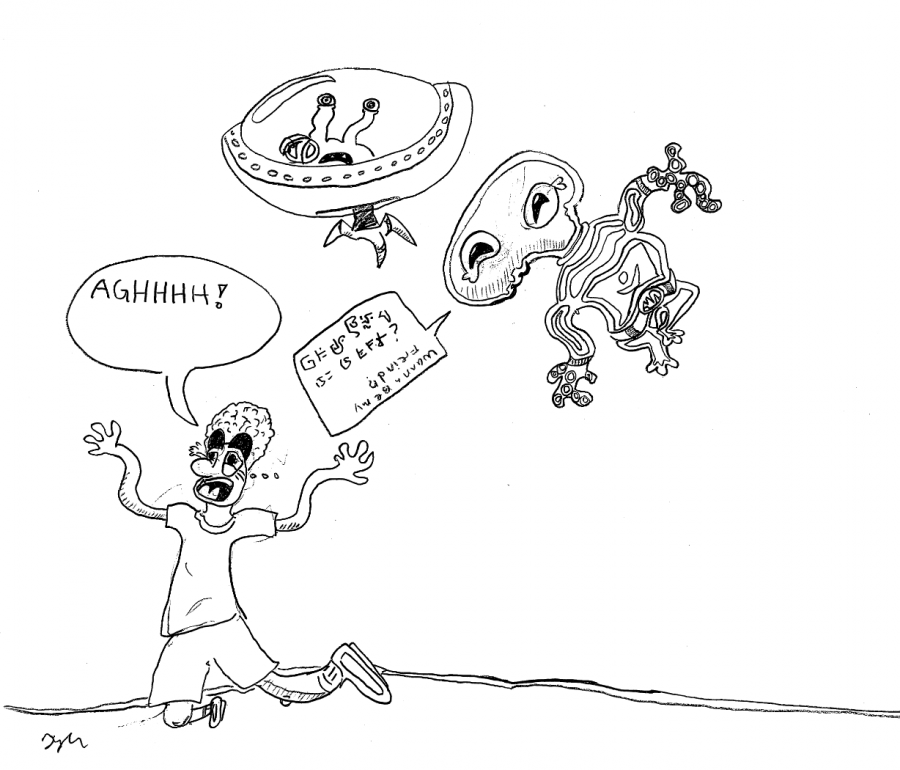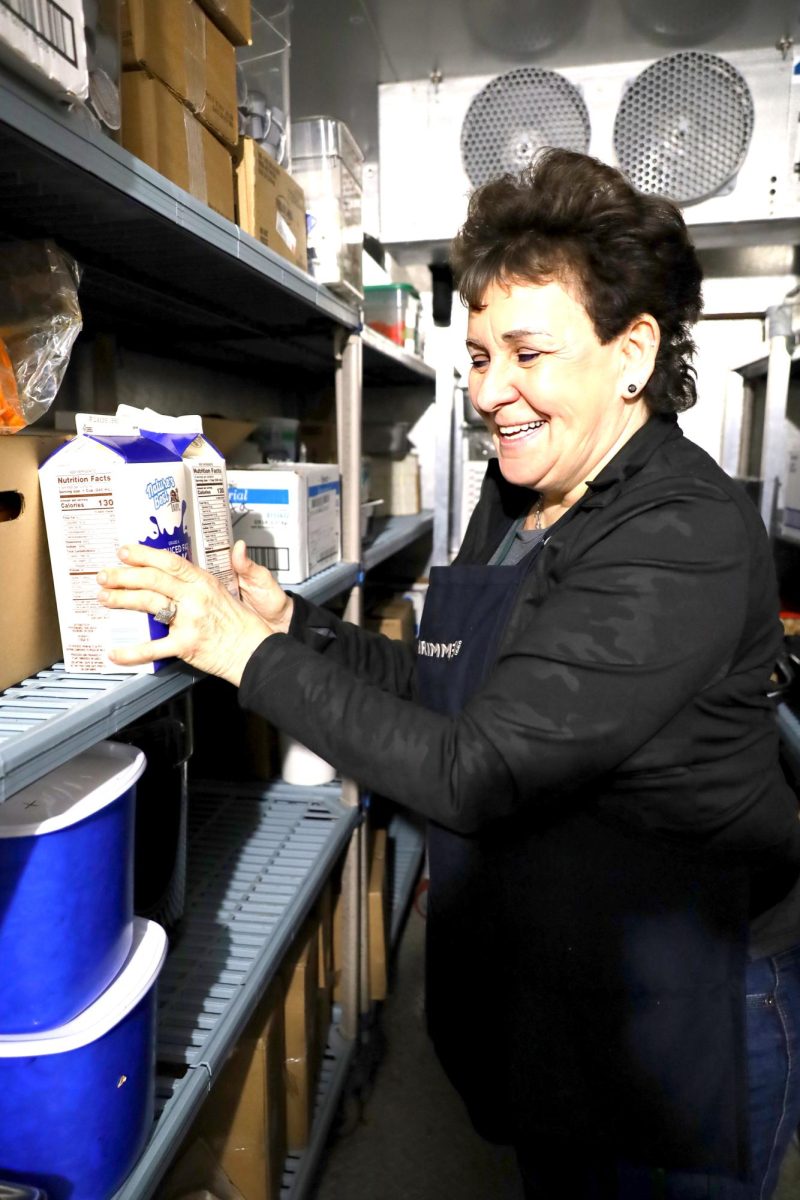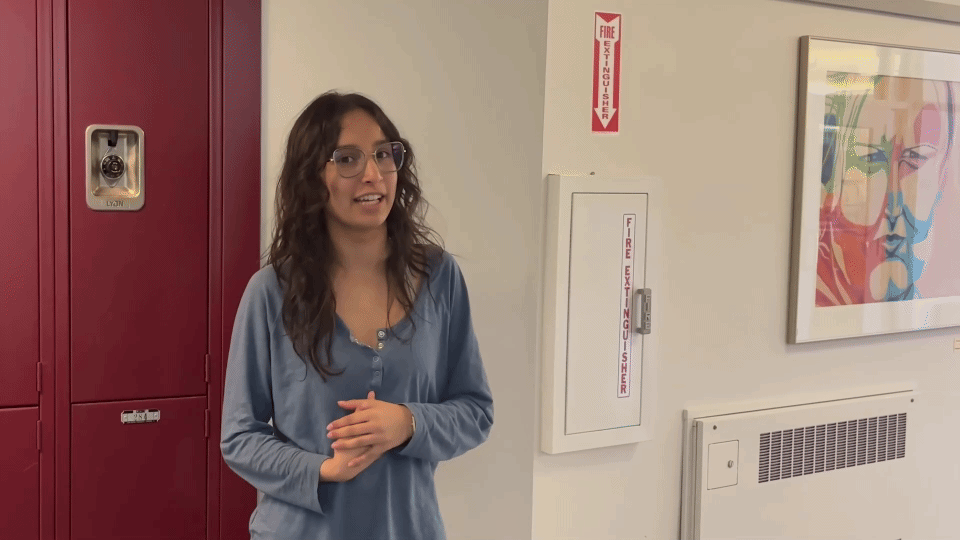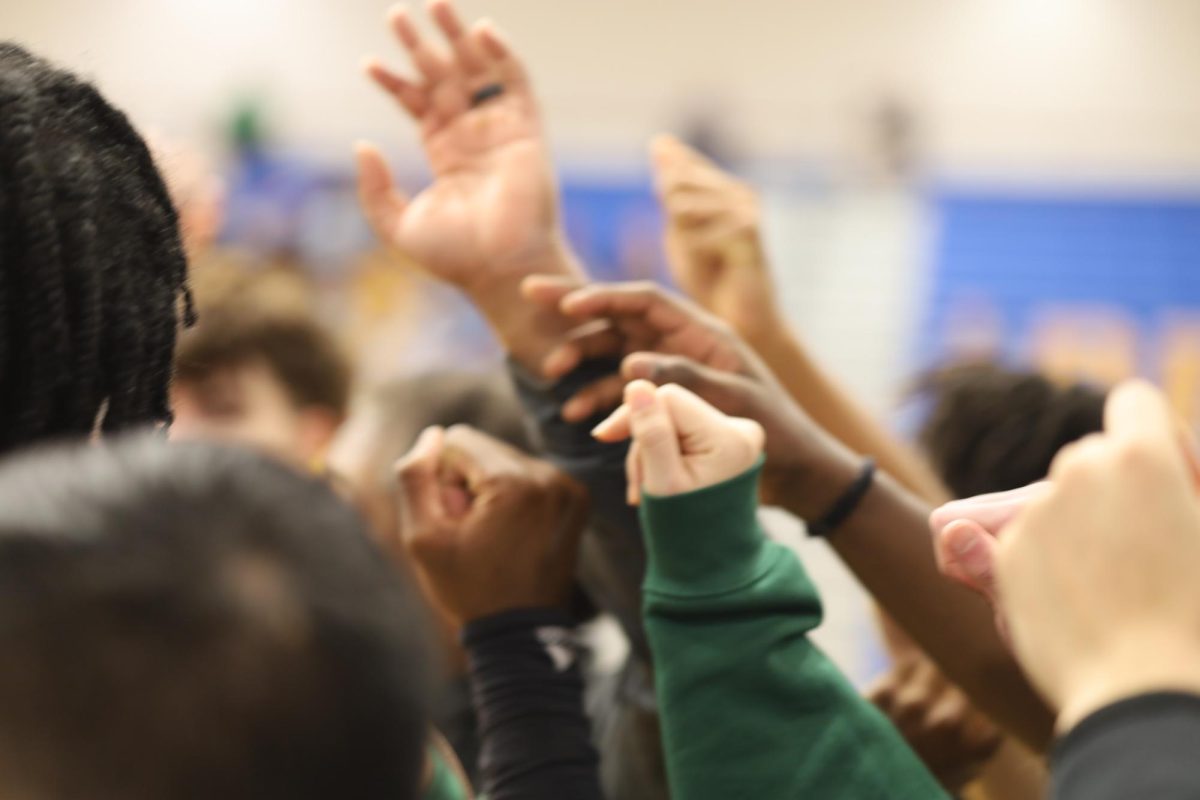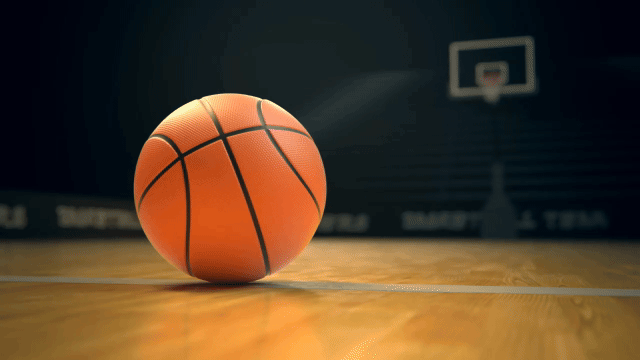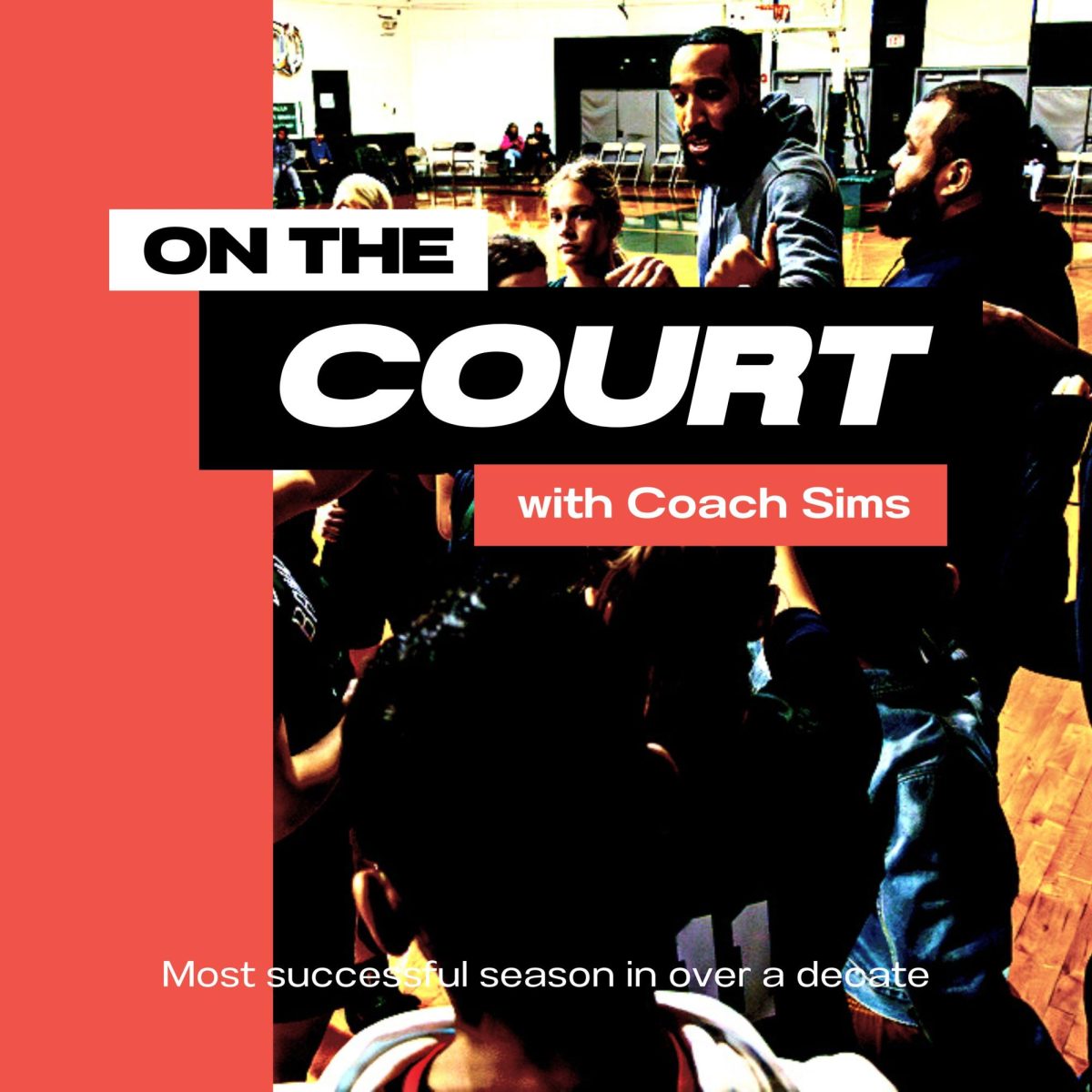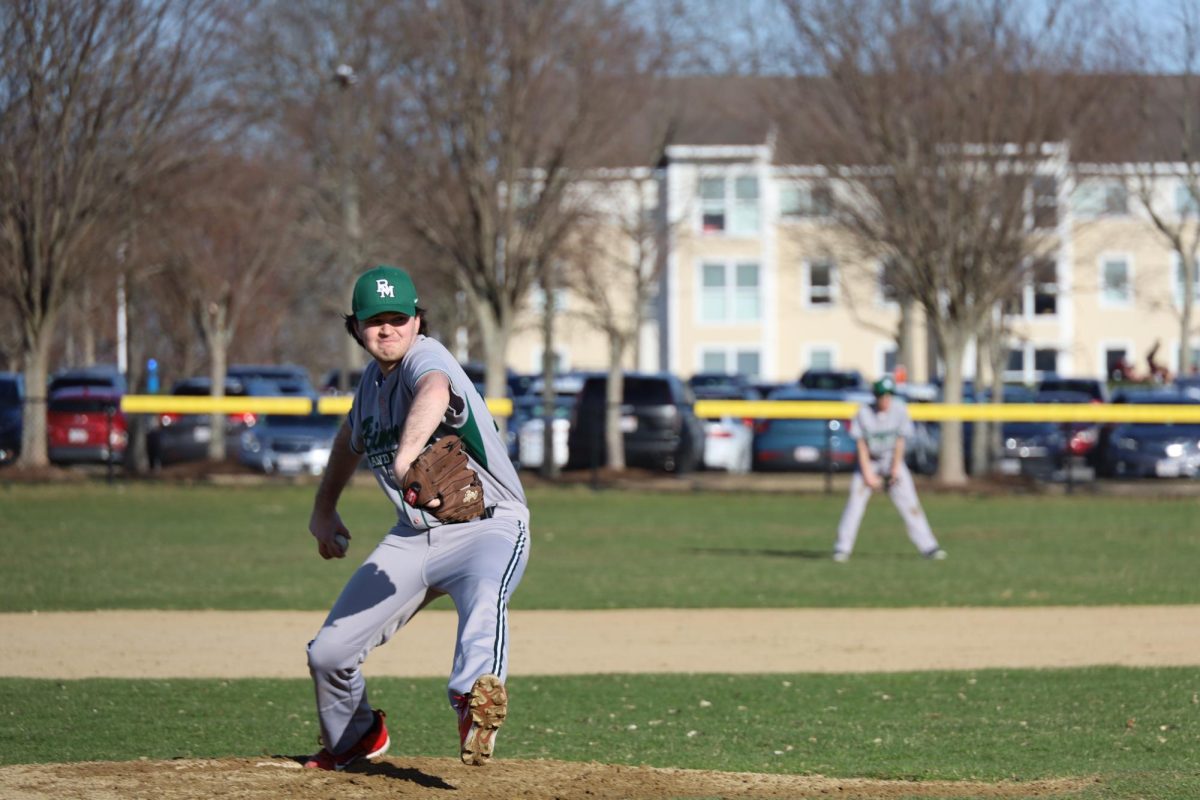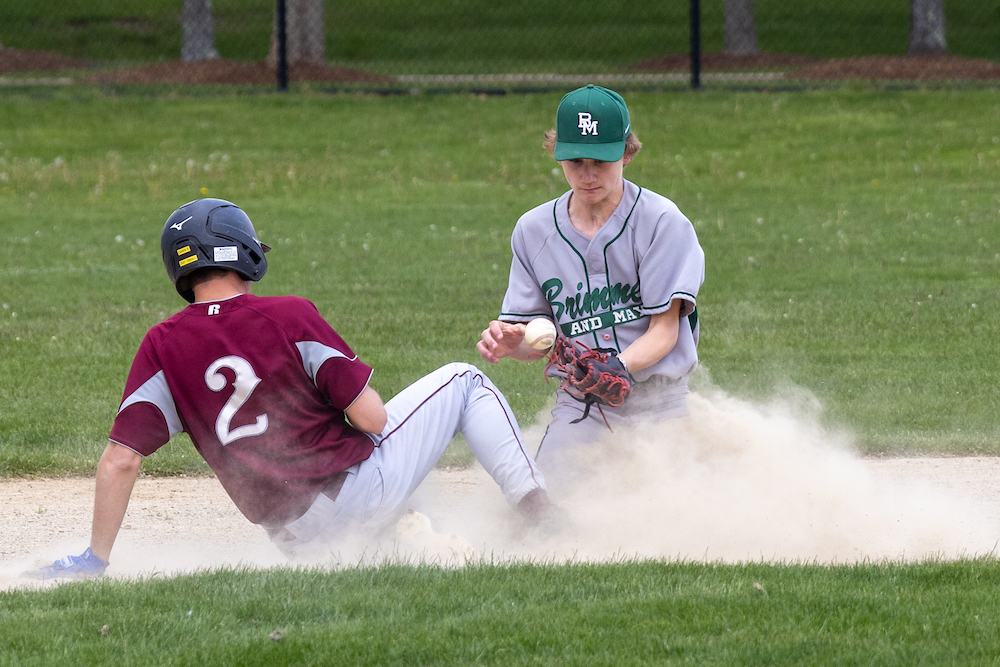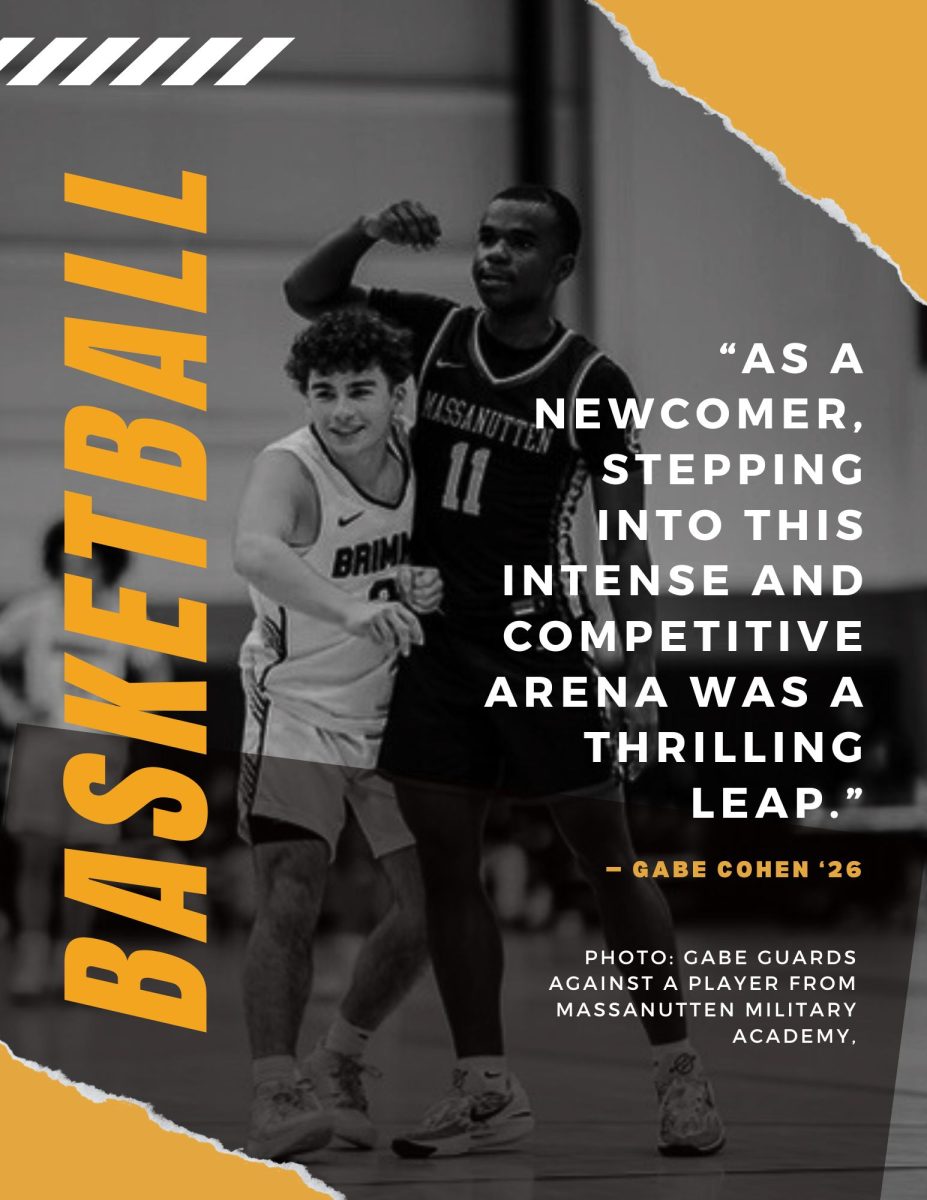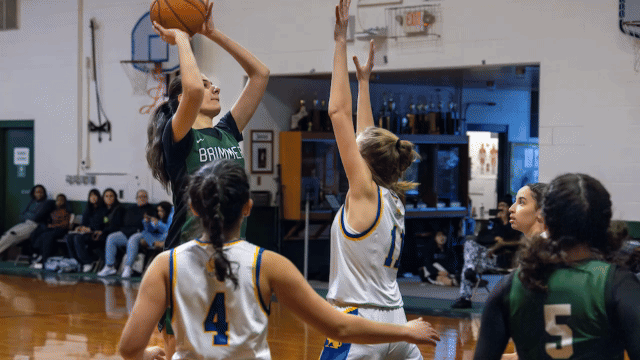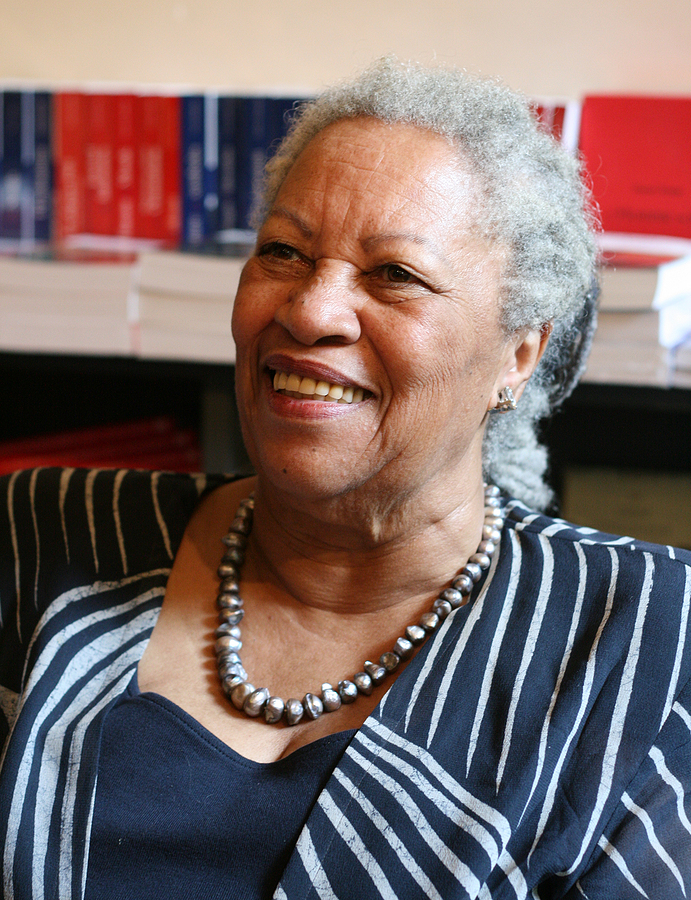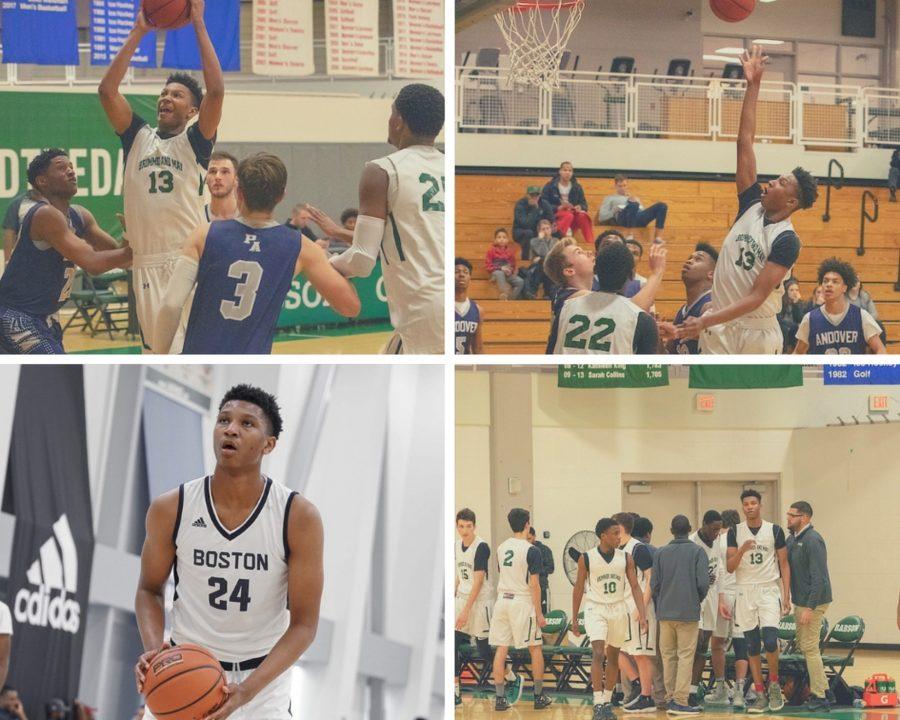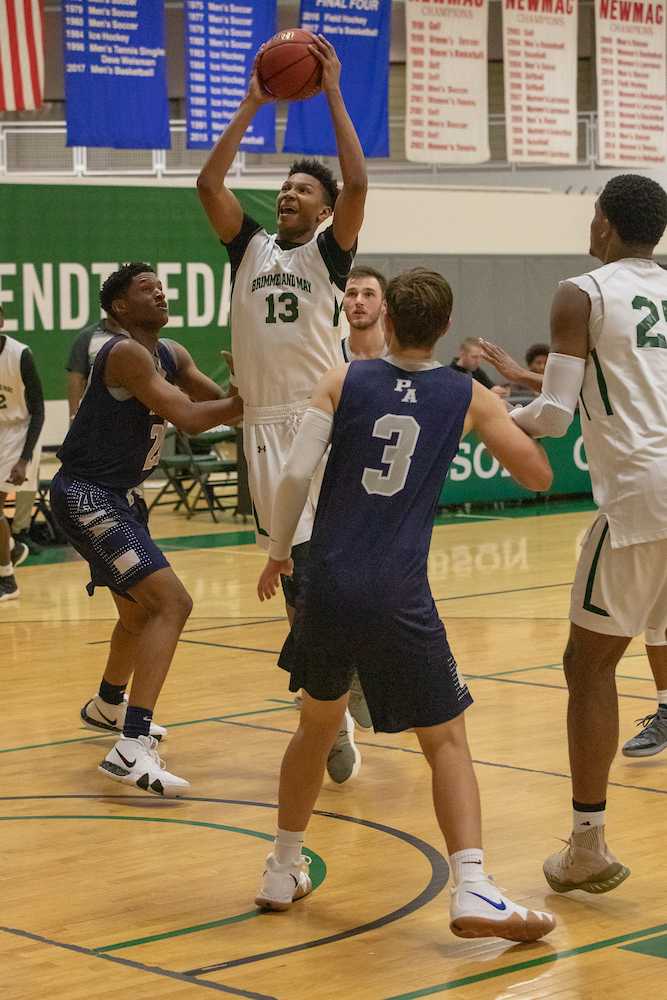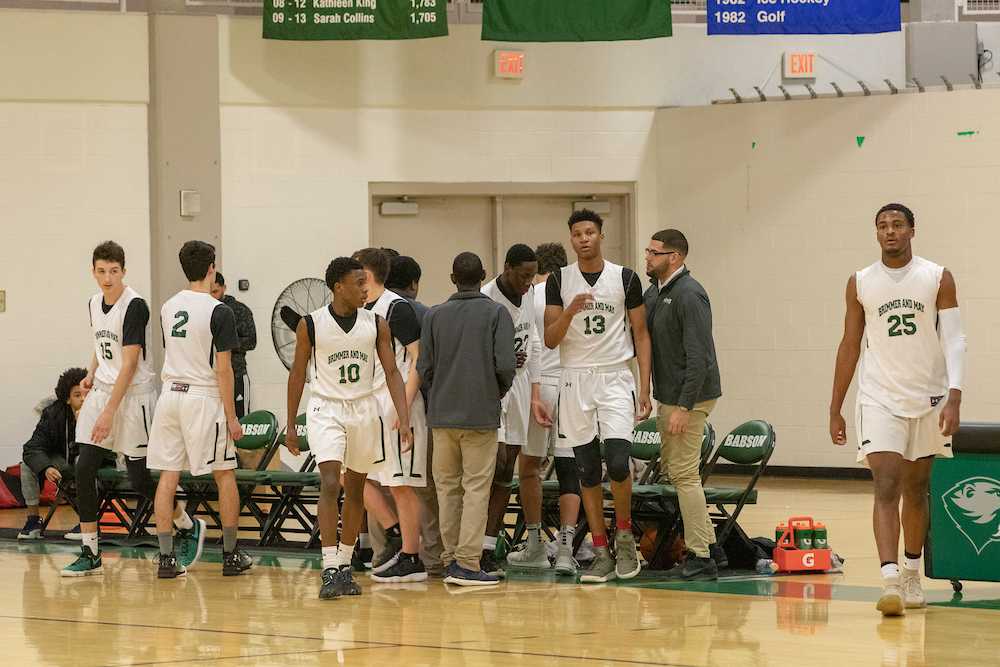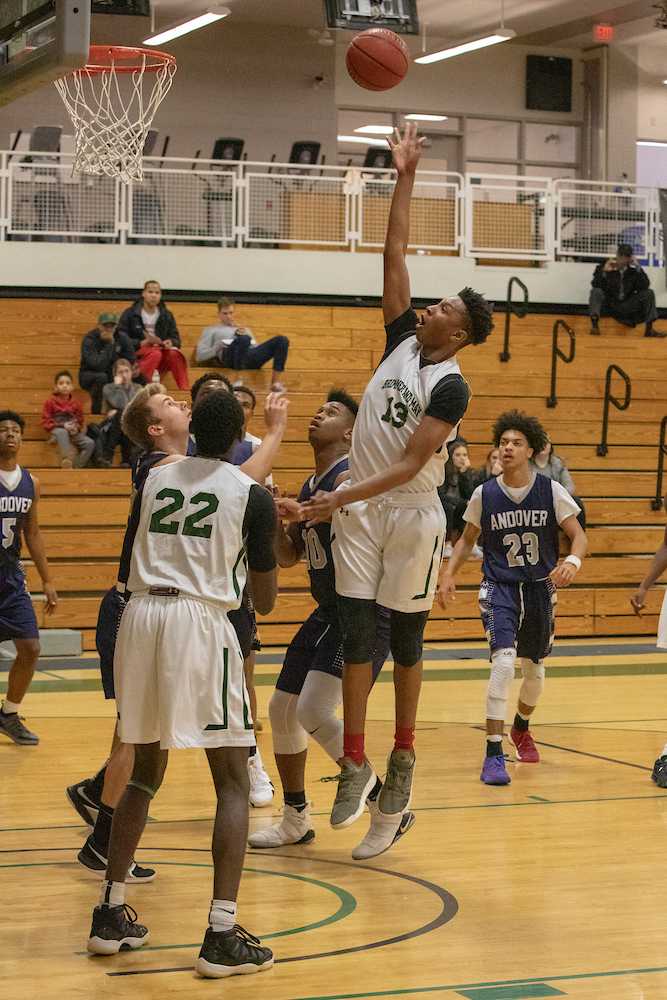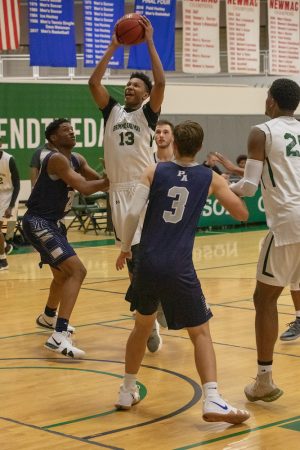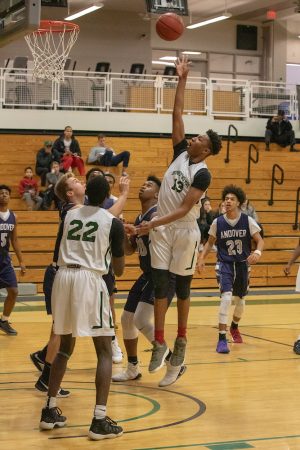Playing basketball for the Amature Athletic Union (AAU) and your School’s team typically means competing with completely different players, under completely different coaches.
But not for me.
Under Tom Nelson, I play for Mass Rivals and the School’s Varsity 1 team—and in both instances, I share the court with some of the same players. But the similarities stop there. Competing for one team is unlike competing for the other.
AAU practice starts at the end of the School’s basketball season, leaving little time to recover. There are no real breaks, especially when it comes to travel. With AAU, I’ve gone as far as Dallas, making any trip to New Hampshire pale in comparison.
The AAU world is constantly in motion. Players switch teams based on potential gametime, or sometimes just to compete with a friend. This doesn’t happen as often playing for a school, including here, but the biggest difference is the style and level of play. Don’t just take my word for it.
“High level AAU or grassroots programs are comprised of the best players from each high school,” Nelson said. “High schools meet five to six times a week, which allow for more half court sets to be instituted. “In AAU it is more of an up and down game with more full court pressing.”
AAU is extremely fast-paced, designed to impress scouts with skill sets from individual players—not the overall team. Players do their best to take advantage of every opportunity to impress, showing off their dribbling, shooting, and defensive prowess.
All of this isn’t to say that winning isn’t important in AAU basketball—it is. But your individual success is not predicated on a winning record, or even a championship title. It depends on showing scouts what you’re capable of achieving.
Jordan Minor ’19, who recently signed his commitment letter to Division 1 Merrimack College in North Andover, Massachusetts, says that playing AAU in front of scouts largely contributed to his success. But in addition to enjoying the competition, he also enjoyed the camaraderie.
“I really enjoyed the traveling with the guys and the hotels,” Minor said. “The competition level is also high. AAU consists of all-star teams. You play against the top competition in the country.”
I echo Minor’s sentiments. Traveling allows players to explore new places with close friends, contributing to the overall cohesiveness of Mass Rivals. In fact, the team has made it to three of the last four adidas championship games (a major national series), two of which were played on ESPN. In 2016, the squad won the championship and had an undefeated summer of 22-0.
“Mass Rivals have solidified itself as a top program in the country with 25 student-athletes playing D1 basketball in the 2018-2019 season,” Nelson said.
This year the Mass Rivals are currently the 7th ranked program in the country, according to Nelson. The team also has a few former athletes in the NBA, and AJ Reeves ’18 recently appeared on the 2020 ESPN mock draft at #35, which puts him in the early second round.
By comparison, playing basketball here values collective achievements over singular ones, including winning games and championships. To impress scouts on a school team also means that each possession means more, since competition runs at a slower pace. Unlike playing for AAU, which attracts elite competitors, playing for a school team calls for learning to succeed with those at varying skill levels.
https://youtu.be/7ku9nCbEa78
According to Nelson, the difference between playing school ball and AAU comes down to the kind of players each team attracts.
“Your school team can have athletes who may have other sports as their primary, or not looking to play in college at all,” Nelson said. “You learn to carry more of the offensive and defensive burden and are required to do more. In AAU, scouts are looking at what you bring to the table and understand that you don’t have to do as much.”
Still, Nelson said, it’s important for scouts to see athletes in multiple settings to fully evaluate how players respond in a particular institution.
“All in all, if you are good and have the right work ethic and desire, someone will notice,” Nelson said. “The more chances you have to do that in school or in AAU is a benefit.”
I couldn’t put it better myself. Playing for different kinds of teams offer opportunities for students to showcase their talents, which can lead to college scholarships. What matters most is that student-athletes choice the school and program that works best for them.
As a sophomore, that what I’m doing—and I hope that it all pays off with a basketball scholarship.

